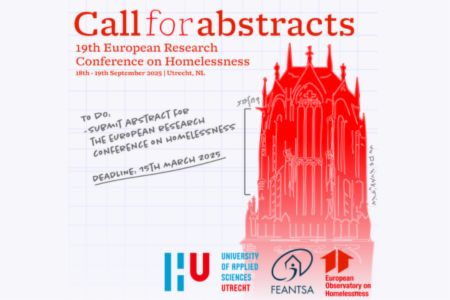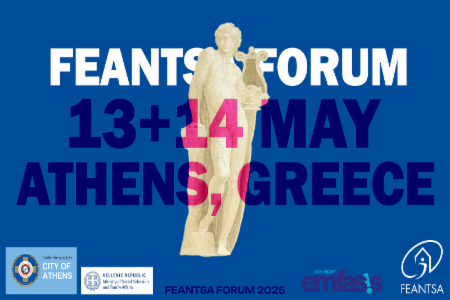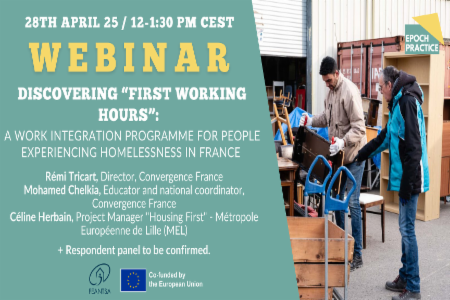POLICY BRIEF
Ending the Criminalisation of Homelessness in Europe

EN/FR
Across Europe, an estimated 1.2 million people are homeless. Many are forced to sleep on the streets, unable to access adequate housing or basic support. This figure, rising steadily since 2008, reflects a deepening housing crisis and growing inequalities, which disproportionately affect the most vulnerable, including young people, women, and even children.
In the absence of sufficient social welfare and affordable housing, those experiencing homelessness must resort to public spaces to meet their most basic needs. They face overcrowded, poor-quality shelter systems, seek informal solutions like occupying vacant buildings, and often survive through begging for food or shelter.
Rather than being met with solutions, homeless individuals are increasingly treated as a “nuisance” in public discourse and policy. In several European countries, local laws and practices categorise survival behaviours—such as sleeping on the street, begging, or creating informal living spaces—as offences. Police interventions are becoming more frequent, marking a troubling trend: the criminalisation of homelessness, part of a broader pattern of penalising poverty.
To address this alarming situation, the Fondation Abbé Pierre, FEANTSA, and ASF conducted a survey across Belgium, Denmark, France, and Hungary. By engaging with frontline actors, they documented the mechanisms, consequences, and scope of this issue, shedding light on how the criminalisation of homelessness impacts individuals and society.
The report comes at a critical moment. The new European Commission has committed to strengthening efforts to combat poverty, placing the European Pillar of Social Rights at the centre of member states’ social policies.
Through this Policy Brief, we aim to raise awareness and propose concrete recommendations to end laws and practices that penalise homelessness and poverty. Criminalising homelessness is an unacceptable societal choice—one that exacerbates hardship for individuals and weakens the fabric of our communities.





